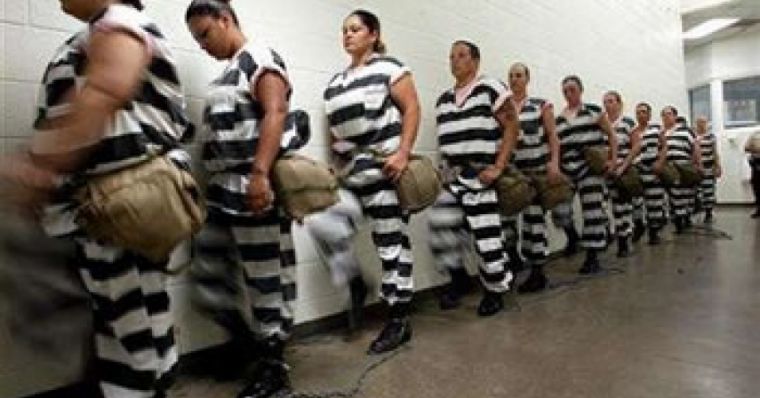Contraceptive implants for female inmates in U.S. raise ethical questions: Did they have a choice?

Is this just an honest to goodness programme to teach female prisoners contraception or the alarming resurgence of eugenics, the practice of reducing birth rates of individuals with less desirable traits?
The state of Tennessee recently launched an ambitious programme which involves the implantation of contraceptive rods or intrauterine devices (IUDs) in female prison inmates from 15 counties. A medical practitioner and a pro-life advocate, however, warned that this programme may be violating ethical standards.
In an interview with LifeSite News, Human Life International's Stephen Phelan warned that in the past, the racist practice of eugenics was peddled as something that was for the "best interests" of the victim.
"Coercion isn't only literally forcing one to do something against her will," Phelan said. "It can also be pressuring her to take a certain course without providing all information and time to make a free decision."
Dr. Annette Mendola, director of clinical ethics for the University of Tennessee's Graduate School of Medicine, meanwhile said the state should make sure that the female prisoners are indeed given sufficient information and choice in relation to the contraceptive programme.
"If done badly, it could be horribly coercive. You want to make sure people feel like they have a choice," Mendola also told LifeSite News.
The Tennessee state government started the contraceptive implantation programme in Sevier County, where female prisoners began receiving abortifacient IUDs at no cost.
According to county officials, female prisoners become the subject of this state-funded contraceptive effort because they often have a history of drug abuse, which makes them supposedly "less receptive" to getting and using long-acting contraception.
Officials also said that incarcerated women provide a captive and sober audience for the contraceptive programme.
In Knox County, meanwhile, health officials even contact women from prison after their release to check on the implanted contraceptives.











